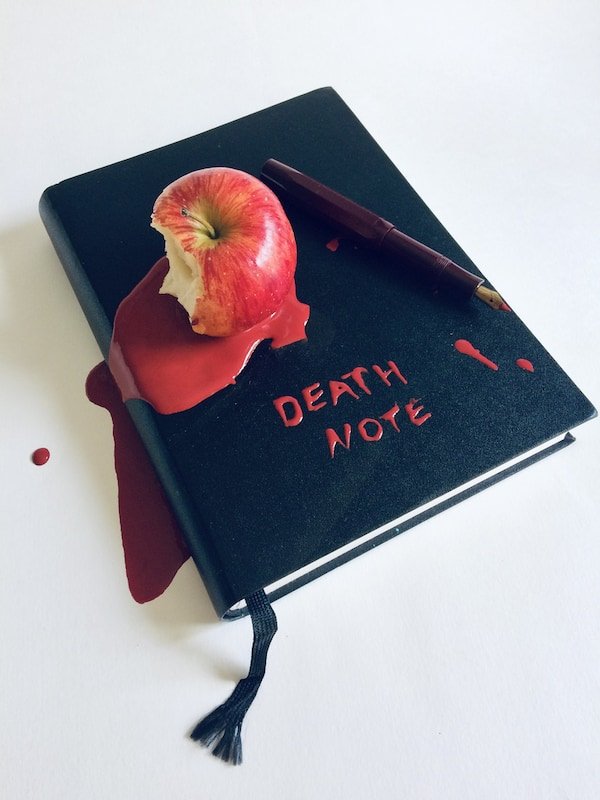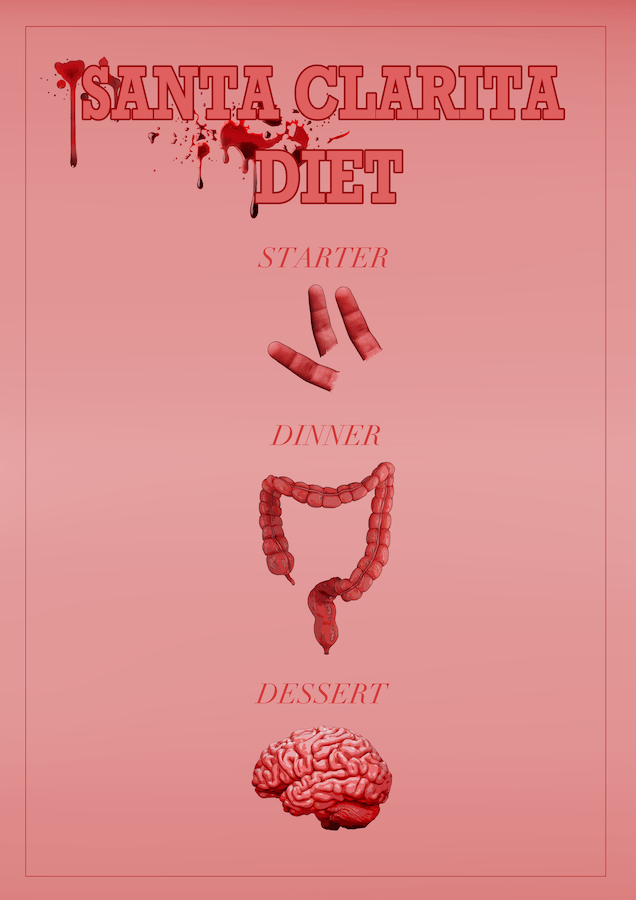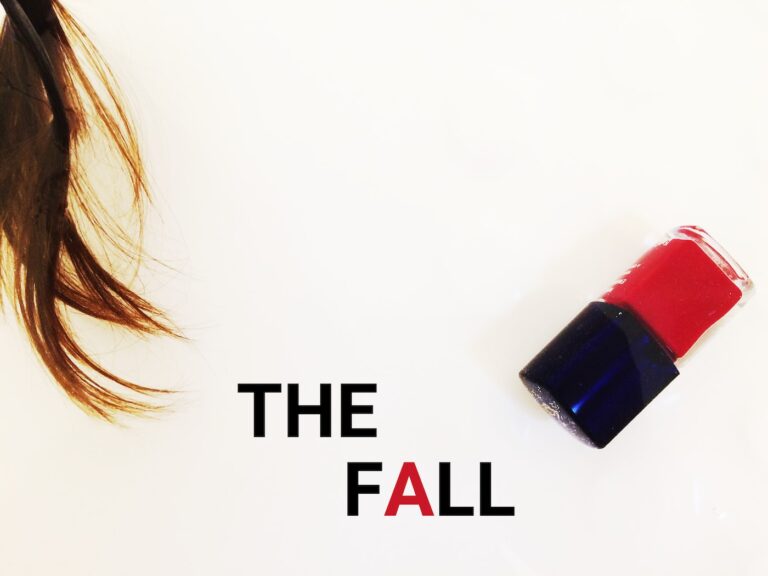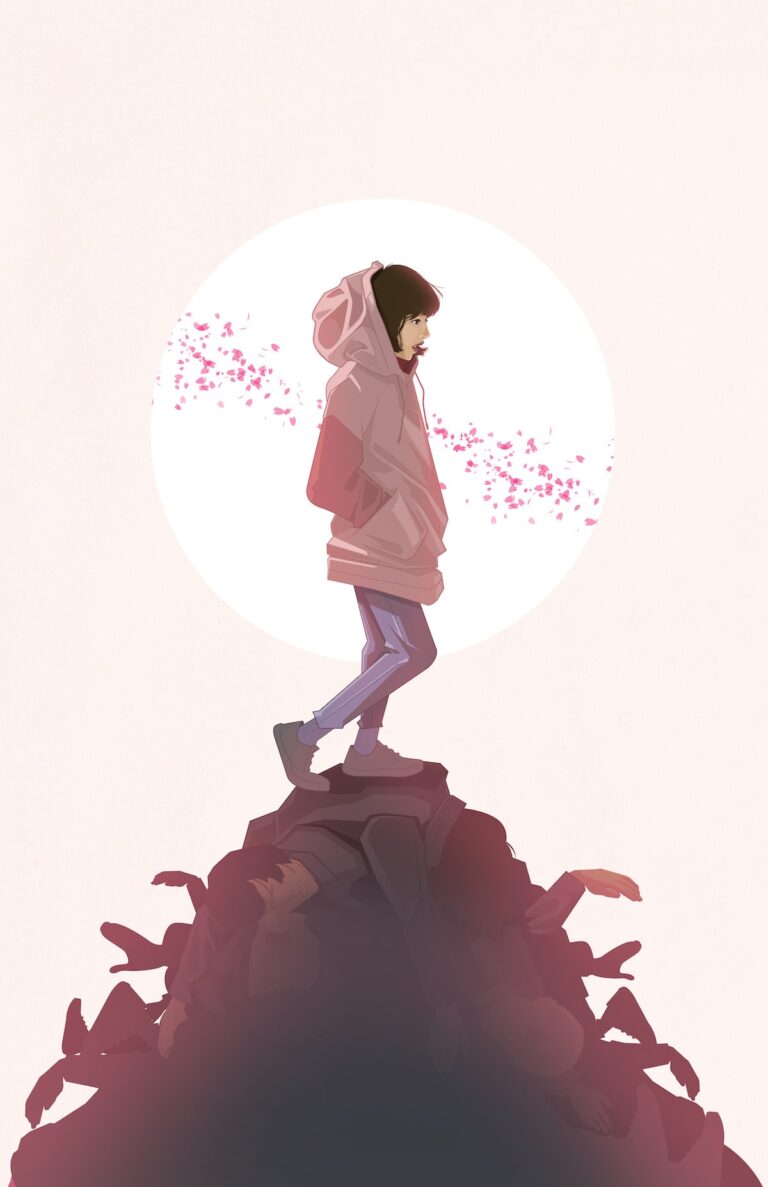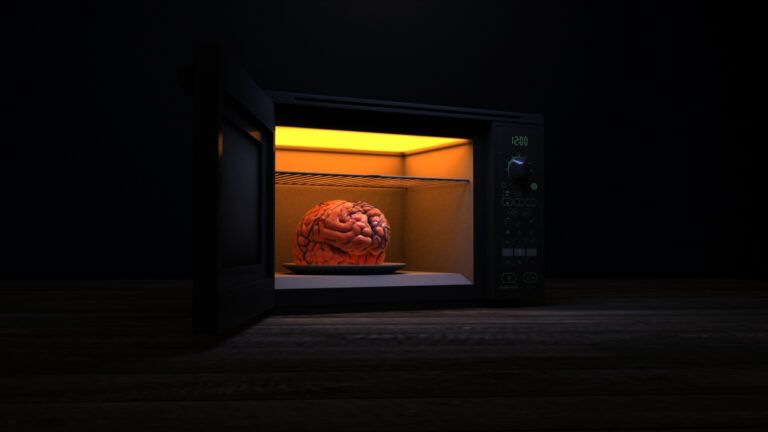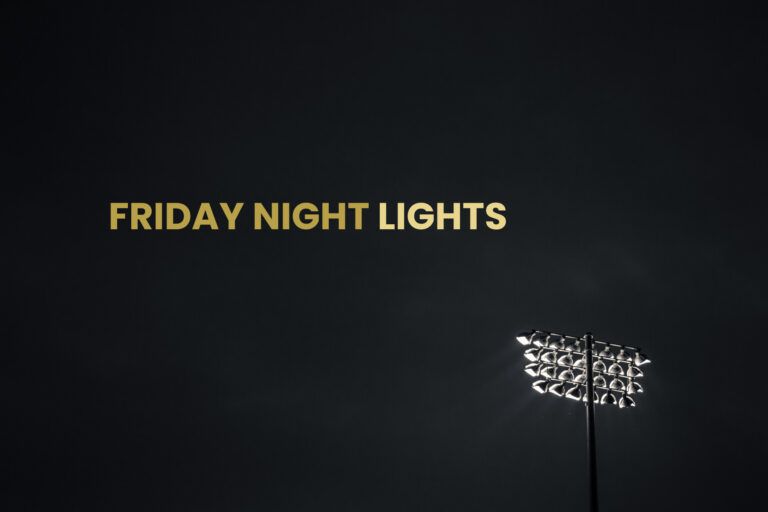Absolute power corrupts absolutely, this distinctive anime updating its definition with nightmarish proportions as you become gripped by a game most poisonous in nature and in crime. Death Note follows the consequences of a human who’s been given the power of death, but not life. His ordinary existence not being so ordinary anymore, as Light acts out his strong convictions of right and wrong, the highly intelligent student mercilessly killing those he deems guilty. Oh, and he already had a god complex before he was given such a weapon – an unassuming notepad that kills those whose names are written inside. But how far will Light go to keep his secret, and especially from his father who’s charged with investigating these “murders” – for even the kills aren’t normal.
Bored by life, a Shinigami (death spirit/god) seeks to have some fun by dropping his notepad of death, aka the “Death Note,” into the human world – but he more than hits the jackpot when Light’s the one to discover it. Unsure at first whether it’s real, but intrigued by its possibilities, Light begins to write the names of criminals in the book – believing at first for it to only to be a prank or stupid game. But when they all suddenly die from a heart attacks he sees that it’s no game, but a tool to reshape the world, and in this he becomes a monster himself – a serial killer known and praised as Kira.
Complicating matters, the Death Note has its own rules and from this there’s an ability to be more creative in the deaths – choosing how a person dies and when, and to do so all Light needs is a name and a face to kill them. Making him a suspect that’s hard to track down.
Written in a time before such high levels of online bullying, Death Note expands on the dark side of the internet, with a form of trolling that’s much more deadly as people offer up names to be killed. The show ingeniously looking at people’s desensitisation to cruelty and a removal of responsibility;
“They may be afraid or not acknowledge my existence on the surface, but on the internet, where one can remain anonymous Kira is already thriving.”
Strangely, Light sometimes refers to Kira as a third person, almost in reverence to himself – the madness has begun, but his mind is as razor sharp as ever.
But as the deaths pile up and the mysteries of them grow stranger, a young detective is called in to investigate. Like yin to yang, L is the universe’s opposite to Light. He’s messy, carries himself poorly and is incredibly immature. At first glance he’s no threat to Light, who’s viewed as handsome, highly-prepared and effortlessly smart. But in reality L is like any great detective whose ever been underestimated, and he plays upon it, though he’s a bit more of a kid both in temperament and age. Intriguingly in this and other ways, they also have a lot in common; IQ, self-assuredness and determination, but in trying to stop each other they’ll have to get dangerously close, but in the end who will win out?
Diverging away from the expected format, the series primarily follows the antagonist, and it’s only as the series develops that we see those that oppose him in any great length, but when this does happen, we’re tortured in only being able to watch as each side forms their plans to stop the other. But still this game of chase could soon become stale as time goes on – knowing this the show changes tack halfway through by turning the antagonist’s position upside down, and providing a new villain. However, it’s a poor substandard and though it’s nice to see L and Light both working to stop him, the show is much stronger for returning back to its original premise and with a twist you didn’t see as paying off. The temporary break in characters refreshing the show for its climactic build-up.
Continuing to diverge from predictable paths and an otherwise inevitable ending, the show makes a bold decision in losing one of the characters to only have them replaced by an incredibly similar one. Add to this the cliché of an opponent much like the other, and it’s like a lesser match than the first, whilst also reducing the remaining original character. Why they did this who knows, but in doing so you miss the final and satisfying confrontation it had previously been leading to.
Based on the successful manga series of the same name, it should come as no surprise that the show’s well-scripted series is written by those that produced its manga; Tsugumi Ôba and Takeshi Obata. The pure genius of Death Note lies not only in its unusual plot but in the character Light. The way he’s able to switch from being angry, to then acting out a drama of innocence is far more unsettling than the usual good versus bad stereotype. There’s also the greed and self-interests of people, a philosophical view of society and a real mind-f..thriller. Can the crime be justified when it’s against criminals? And what if others got the Death Note, or even, if there was another?
Chief Director: Tetsurô Araki
Other notable works:
- Kabaneri of the Iron Fortress 2016
- Attack on Titan 2013 –
- Black Lagoon 2006
Chief Writer: Tsugumi Ôba
Chief Writer: Takeshi Obata
Other notable works:
- Hikaru no Go 2020
- Hikaru no Go 2001-2003
Based on the manga series Death Note by Tsugumi Ôba and illustrated by Takeshi Obata.

